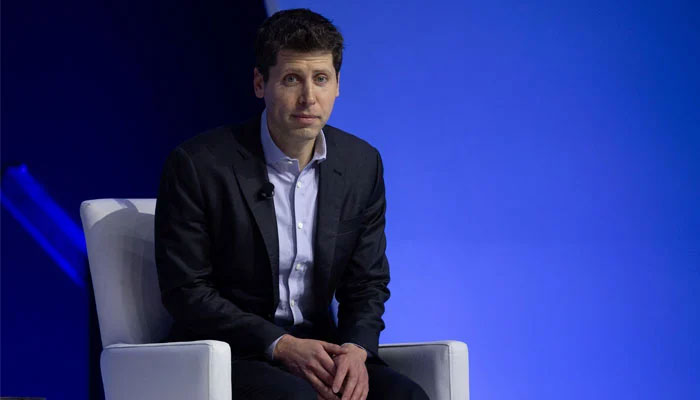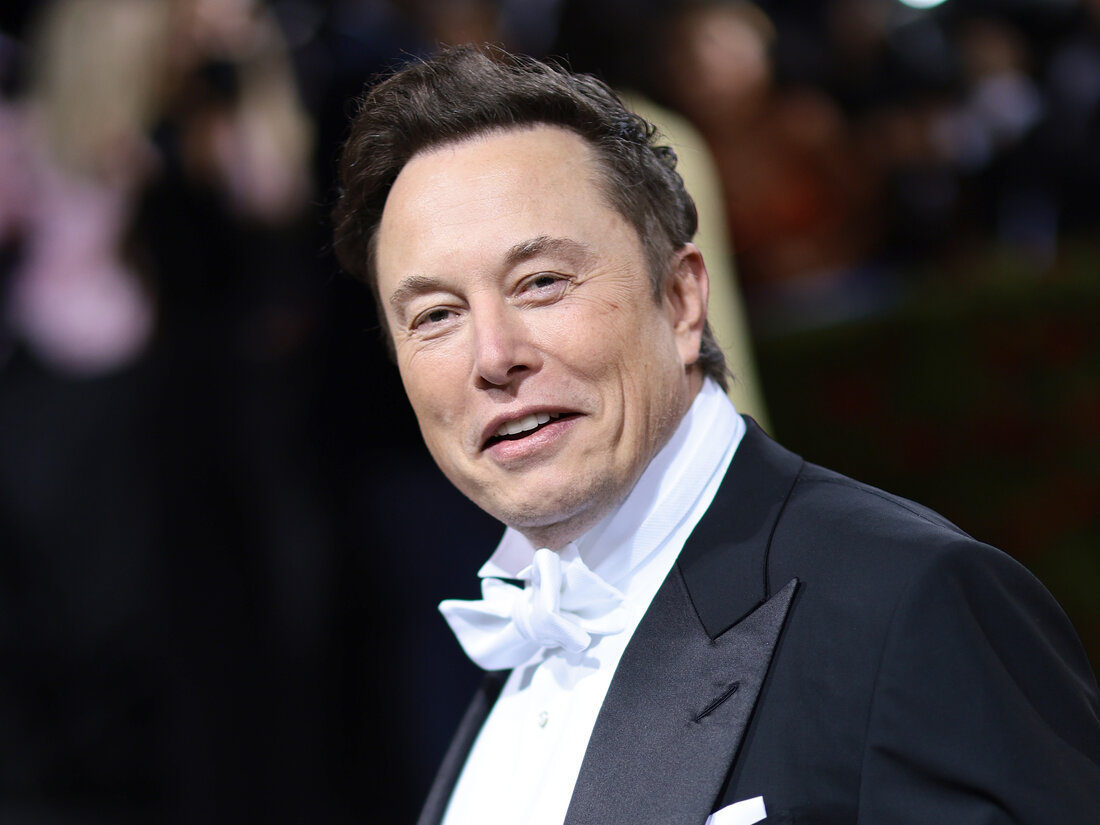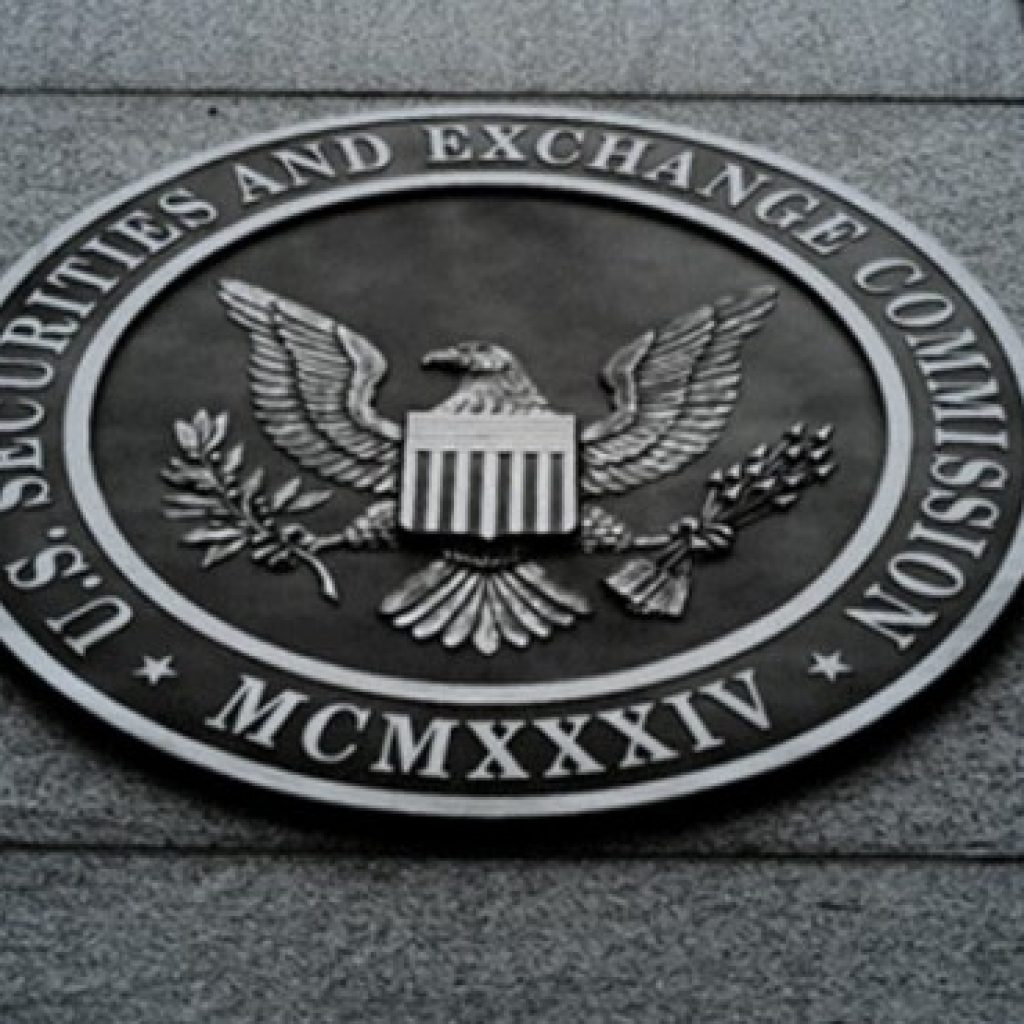In a dramatic turn of events, OpenAI, a frontrunner in the artificial intelligence industry, has announced the rehiring of Sam Altman as its CEO.
This decision comes after a period of uncertainty and internal turmoil that saw Altman’s unexpected departure, sparking significant discontent among the company’s employees.
The reappointment marks a crucial step in stabilizing the company’s leadership and direction, ensuring its continued prominence in the AI sector.
Navigating Through Turbulent Waters
OpenAI faced internal challenges following Altman’s initial departure. His exit, combined with the subsequent employee revolt, highlighted deep-seated concerns over the company’s direction and pace of AI development.
Altman, recognized for his forward-thinking approach in AI, initially faced resistance from board members preferring a more measured strategy.
This internal conflict led to extensive negotiations regarding leadership and operational management at OpenAI, reflecting broader debates about the rapid advancement of AI technology.
Altman’s Vision and OpenAI’s Future
Altman’s reappointment as CEO also signals a strategic realignment within OpenAI, particularly in how the company plans to navigate the increasingly competitive AI landscape.
Under his leadership, OpenAI has forged a path of innovation, notably with projects like GPT-3 and DALL-E, which have set industry standards.
His return is expected to reinforce OpenAI’s commitment to leading the charge in AI ethics and policy, an area where Altman has been vocal.
With AI technology advancing at a breakneck pace, Altman’s expertise and vision are crucial for OpenAI to stay ahead of complex regulatory challenges and ethical dilemmas that the AI industry faces.
His ability to blend technological innovation with responsible AI governance will be key to securing OpenAI’s position at the forefront of the AI revolution. With Altman’s return, OpenAI is set to refocus on its original mission under his guidance.
Altman, in his statement, expressed eagerness to continue building on OpenAI’s partnership with Microsoft, emphasizing the importance of this collaboration for future developments.
The reinstatement also brings changes to OpenAI’s board, with new members including Bret Taylor and Larry Summers, alongside existing director Adam D’Angelo.
This restructured board is expected to align closely with Altman’s vision of aggressive yet responsible AI development.
Altman’s approach to AI has been multifaceted; while advocating for rapid innovation and commercialization of AI tools, he has also acknowledged the potential risks associated with AI technology.
He has consistently emphasized the need for responsible progress in AI, drawing parallels to significant historical technological advancements and their impacts.
With plans to make tools like ChatGPT more accessible and a potential collaboration with Japanese conglomerate SoftBank for AI devices, Altman’s reappointment signifies a continued push towards innovation.





